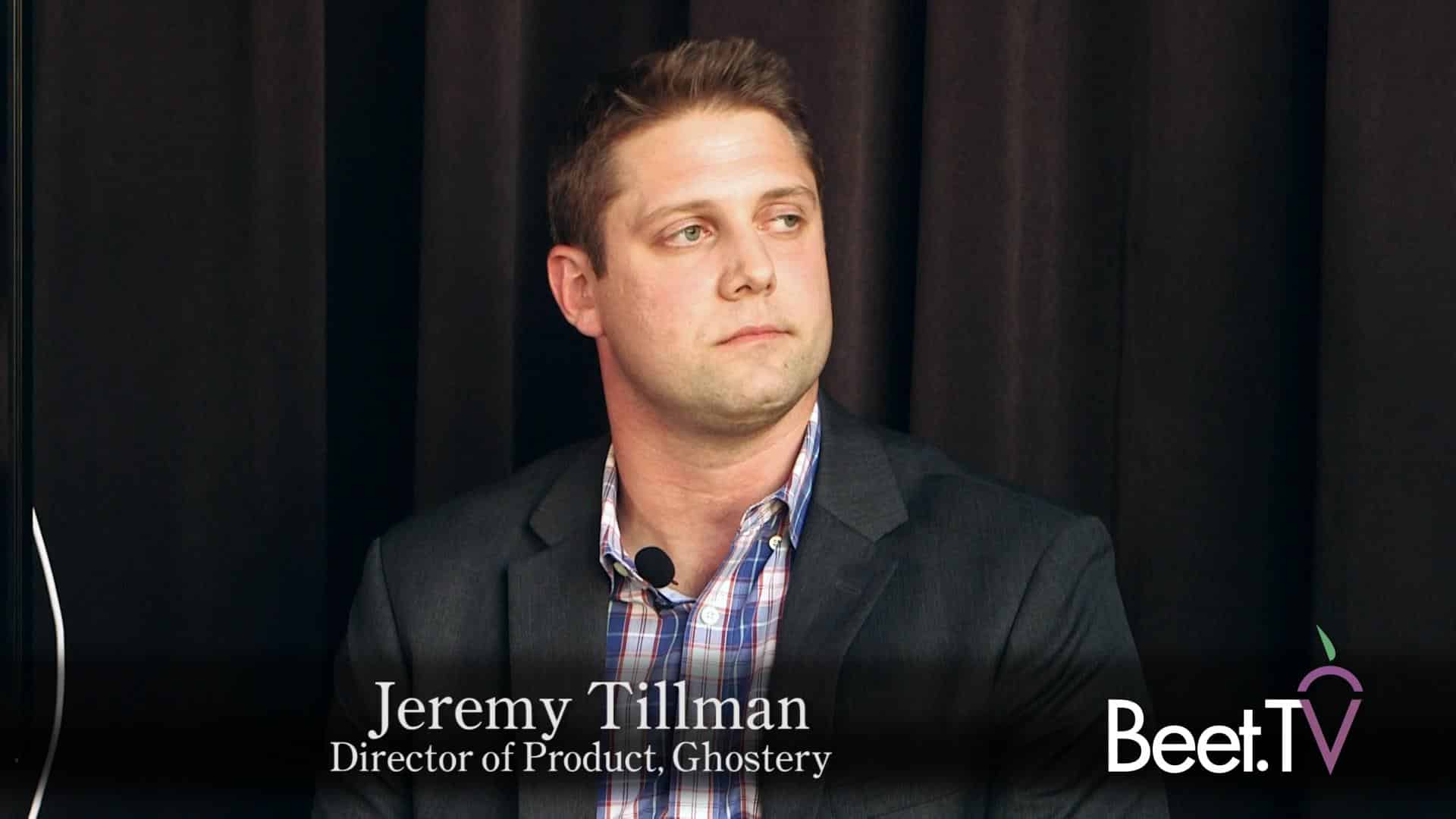
One of the leading companies powering content blocking software admits it was wrong to let users of one mobile ad blocking application block all mobile ads – but the fact so many users did is indicative of the state mobile advertisers have put themselves in.
Ghostery makes a browser add-on that helps users see and control which companies can track them, including block them. Its technology was used to power Peace, an iOS 9 ad blocker whose popularity surged on the App Store before both parties decided to delete the app.
“We learned the all-or-nothing approach for us wasn’t the right solution,” Ghostery product director Jeremy Tillman says in this Beet.TV panel interview. “We’re not in the business of using a blunt instrument to indiscriminately block everything. We want to give end users the choice over what they give up in exchange for content.
“It was too much a one-size-fits-all approach. With Ghostery, we want to an approach that allows you to get a personalised solution to your browsing experience.”
The apparent rise of ad blocking is freaking out many media figures on both the publishing and advertising sides. But, with several publishers like CityAM and The Guardian having implemented their own technology that responds to ad blockers by serving up messages pleading for disablement, the current mood appears to be moving back toward one of more nuance.
Even so, it is impossible to look at the growing popularity of ad blockers as anything other than symptomatic of the mobile-media reality.
“With iOS 9, it validates this pent-up demand in consumers, we have a surge of apps int he App Store for content blockers,” Tillman adds. “These pain points are exacerbated because it is a smaller screen, it is a slower connection.
“Our early audience was hardcore techies, developers and privacy buffs. Word of mouth is migrating out of that small audience to mainstream.
“It’s getting to your mom, it’s getting to your sister, it’s getting to the millennials, the twenty-something Tinder-swipers, who are the audience (advertisers) want to reach. That’s why it’s a bigger deal.”
We interviewed him at Media Future Conversations 2015: Unblocked – Valuing Human Attention In A Content-Driven World, an event presented by true[X] in association with Beet.TV Please find more event videos here.